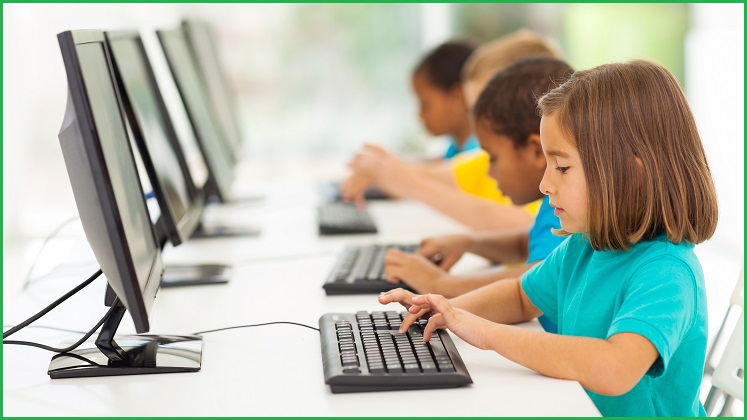Only four per cent of Australian school boys and nearly no girls said they would work in IT professions.
The latest results from the OECD Programme for International Student Assessment (PISA) show that Australian children are performing poorly in maths and science.
PISA surveys 600,000 15-year-olds from around the world – including 15,000 Australians – to assess how their skills and knowledge stack up.
The best performing students were in China and Singapore, with Australia performing below eight other nations (including New Zealand, the UK, and Japan) in the three key areas of reading, mathematics and science.
Australian students also reported being bullied more and feeling lonelier than other students from OECD countries.
Michelle Deaker, Managing Partner of OneVentures, told the crowd at the ACS Reimagination Thought Leaders’ Summit on Wednesday that consistently poor PISA results will negatively affect the IT sector.
“It’s sad to see Australia slipping on the STEM front,” Deaker said at Reimagination on Wednesday.
“A lack of education in these skills cuts out on so many future jobs.
“We’ve really got to continue to encourage young people to this area because the rest of the world sees the value of this sector and are focusing on it, but Australia is really behind the eight ball on this one.”
Poor performance in these areas of education does not bode well for the future of our economy with one report predicting that Australia will fall short of workers with requisite maths and science skills by 20-30 per cent this decade.
President of Australian Academy of Technology and Engineering, Professor Hugh Bradlow, said the results were concerning.
“As we transition to an increasingly digital future, our children will need science, technology, engineering and maths skills more than any previous generation,” Professor Bradlow said.
“If we don’t take urgent action to support STEM in schools, our kids will be left behind.”
Sue Thomson from the Australian Council for Educational Research said it was also concerning that students’ maths and science skills have been consistently sliding.
“Over the 15 years of measuring maths literacy, Australia’s performance has declined by the equivalent of about one and one-quarter years of schooling,” Thomsons said.
“Over the 12 years of measuring science literacy, Australia’s performance has declined by almost one full year of schooling.
“These findings show, again, that achievement in reading, maths, and science has been in steady decline for many years.
“We need to push the pause button and take stock of our curriculum, teaching and assessment methods.”
Both sides of politics agreed that the outcomes in the PISA report are unacceptable.
“Our students should be ranked among the best in the world,” said Education Minister, Dan Tehan.
“We should not accept anything less. Alarm bells should be ringing as a result of what we've seen through these results.
“Our school systems need to de-clutter their curriculums and get back to basics.”
Shadow Education Minister, Tanya Plibersek said she wanted to see higher standards for Australian teachers.
“We know that kids who can't read, write, do maths and science, are never going to get a great education and when you lock people out of an education, you’re locking them out of a job,” Plibersek said.
“Funding is only one of the elements here. We need to make sure that like other high-performing countries we're attracting our best and brightest into teaching degrees at university.
“High-performing countries generally take their teachers from the top 30 per cent of academic achievers.”










